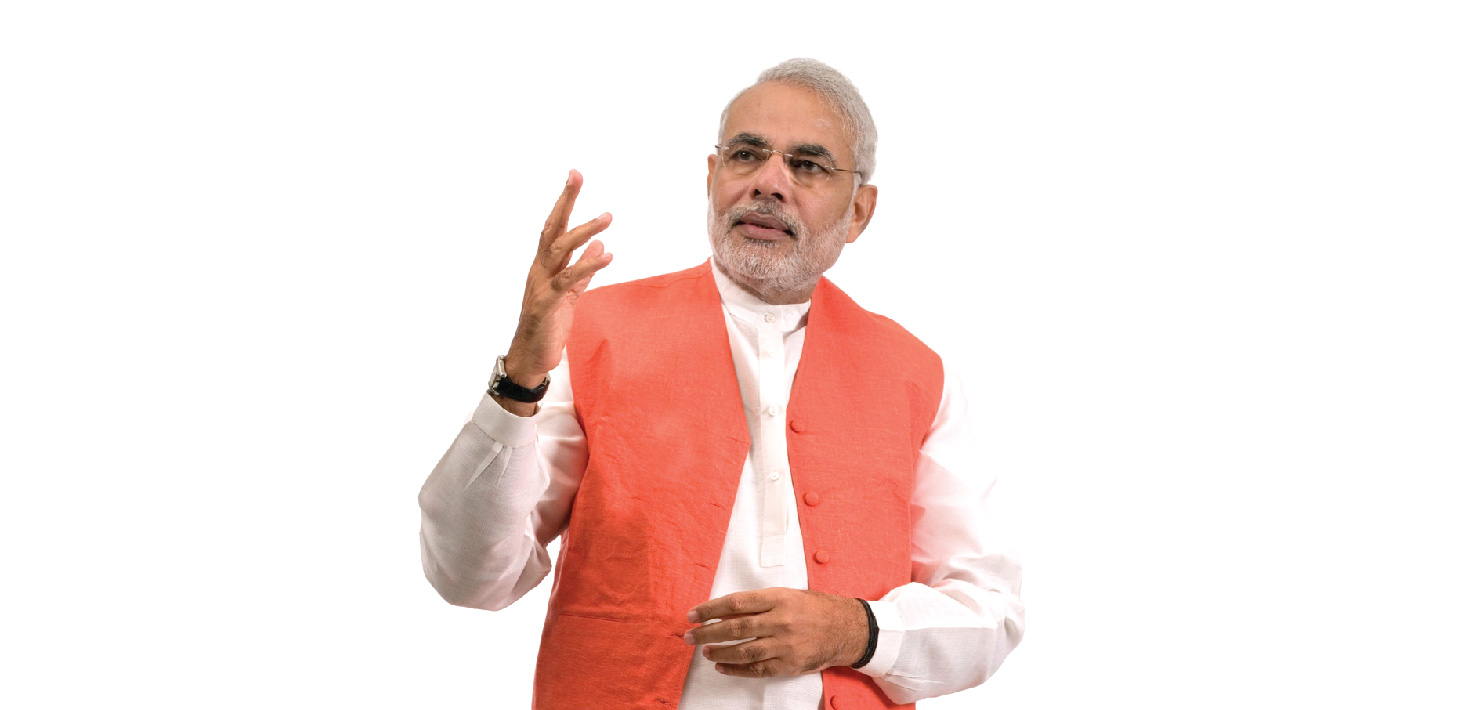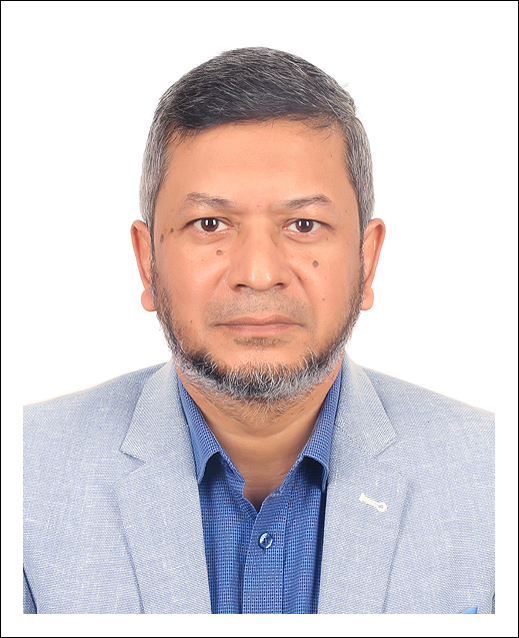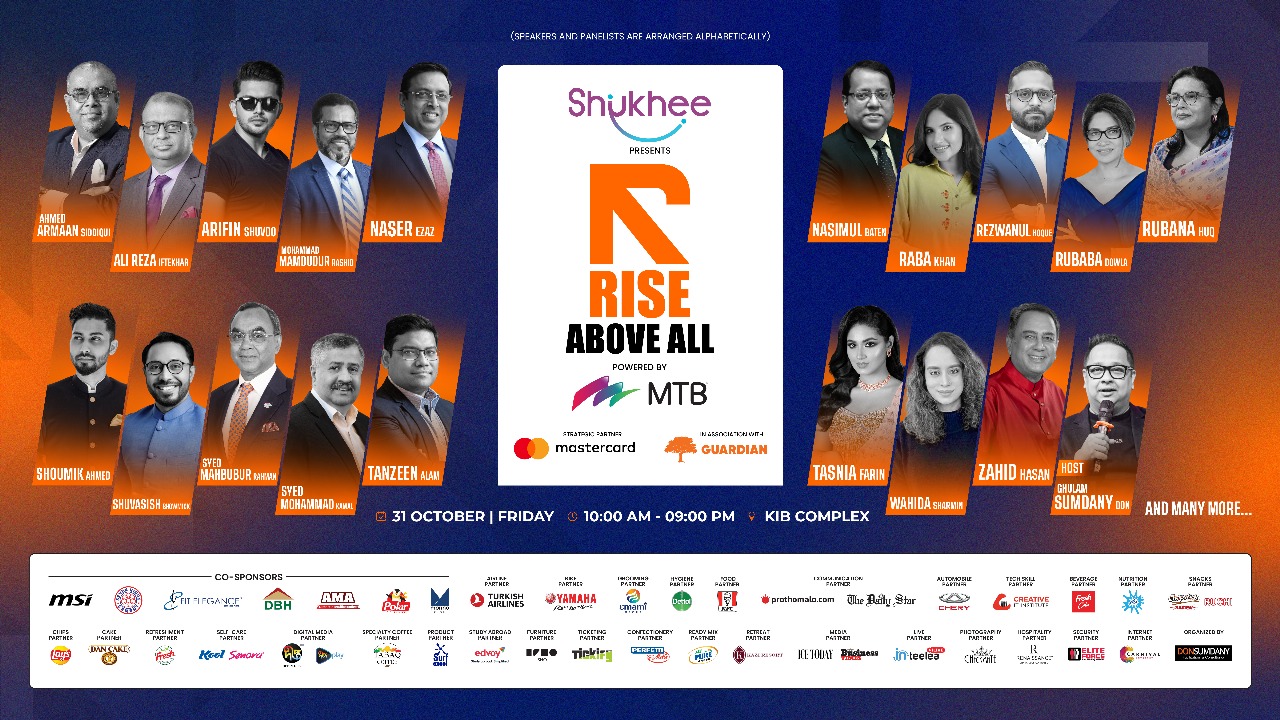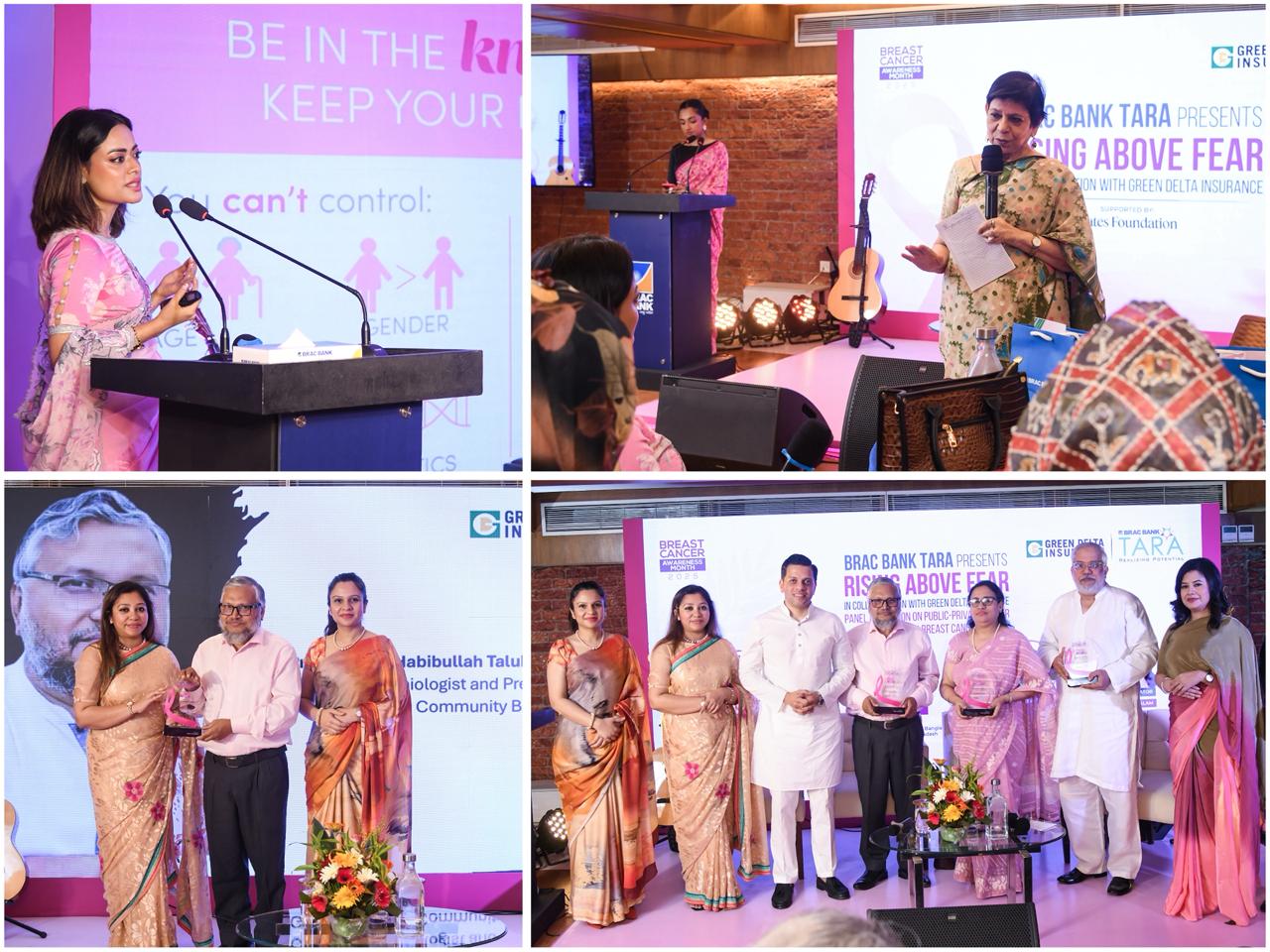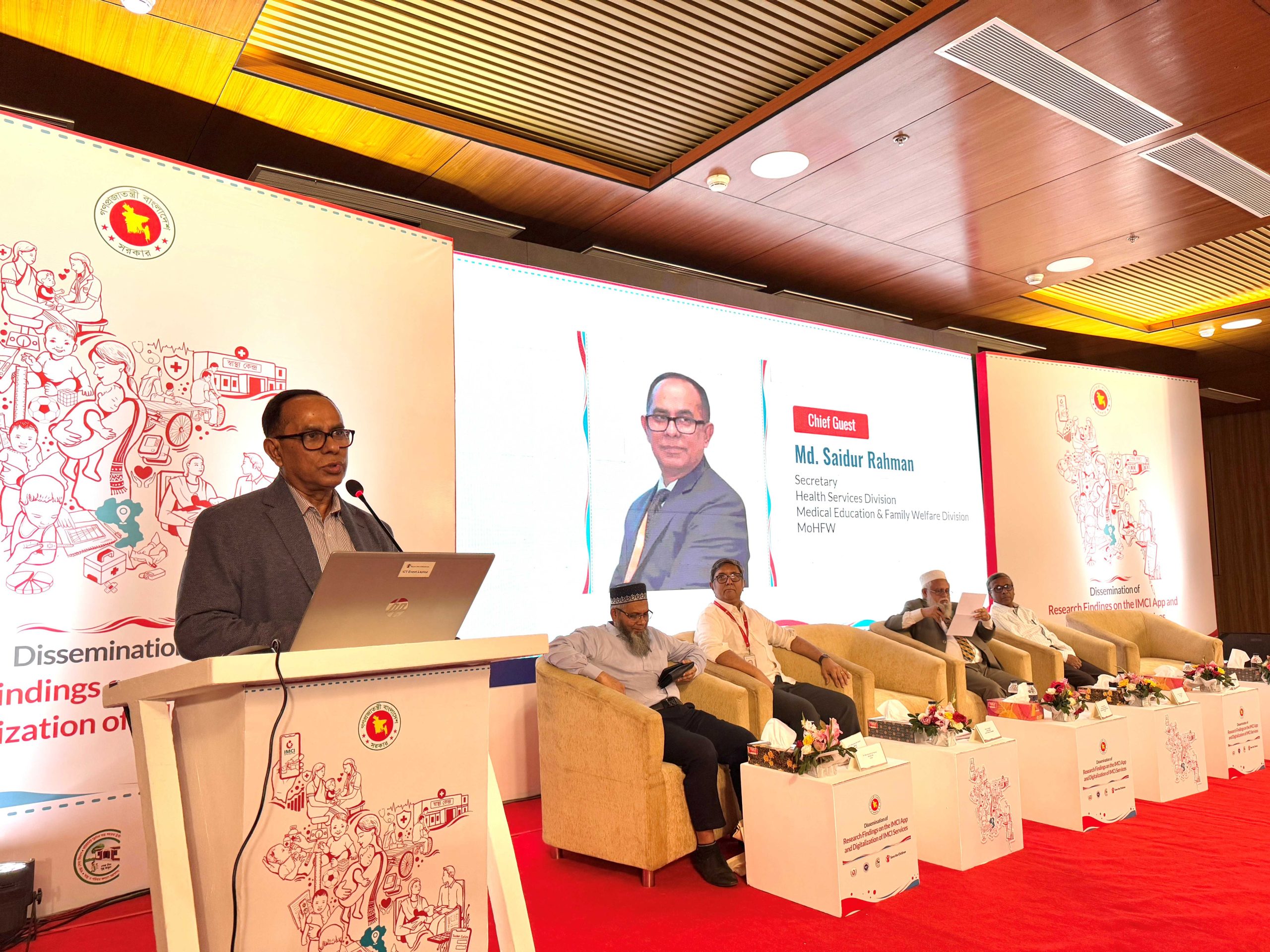How India’s Narendra Modi could be compared with his predecessor Manmohan Singh
An IBT Desk Report
Terming poverty a common enemy for South Asian nations, Indian Prime Minister Narendra Modi has said it is necessary for SAARC countries to tackle poverty together. ‘India’s foreign policy has many facets, but I want to focus on our relations with our neighbours,’ he stated in his Independence Day speech at a rally in New Delhi. Modi made a shift from his predecessors by omitting political rhetoric relating to Pakistan, although he too accused Islamabad only a few days back of waging a proxy war against India.
Modi, who invited SAARC leaders to his inauguration after leading his BJP to power through landslide polls victory, instead recalled common history of the nations of the region. Only last year, Manmohan Singh, in his Independence Day speech, said: ‘For relations with Pakistan to improve, it is essential that they prevent the use of their territory and territory under their control for any anti-India activity.’
Bangladesh High Commissioner Tariq Karim, who was present there, called Modi’s speech ‘pragmatic and inspiring’ and said: ‘Prime Minister Modi focussed on issues that should unite, rather than divide.’ Reacting to the speech, Pakistan’s High Commissioner Abdul Basit said his country ‘agrees there is a need to inject energy into SAARC’.
Narendra Modi put an end to the era of Jawaharlal Nehru’s economic development model by scrapping the Planning Commission. ‘Times have changed since the Planning Commission was created,’ Modi said promising setting up of a new institution which would be more like a US-style council of economic advisers. Arun Shourie, an influential member of ruling BJP Party, had reportedly derided the Planning Commission — set in a hulking New Delhi building with 500-600 employees — as a ‘parking lot’ for political cronies and unwanted bureaucrats.
Premier Modi also wanted to make a clear departure from the pattern of governance followed by Congress-led government of Dr Manmohan Singh, who was both appreciated for his earlier reforms and criticised for a number of scandals during the later part of his rule as prime minister. Singh’s daughter Daman Singh, who wrote a book ‘Strictly Personal, Manmohan and Gursharan’, claimed, in an interview that there was a lot of resistance to reforms from within the Congress party.
Questions are being asked about the difference between the two prime ministers of the two different parties, Modi is trying to establish a centralised power structure, not planning, in line with his what he summed up in the slogan ‘maximum governance, minimum government’.
Noted economist Jagdish Bhagwati is the one who expected that Modi would carry forward some of the policies pursued by Dr Singh, reportedly a close friend of him. Reference was made to Delhi’s engagement with the East as India maintained reasonably good economic relations with political rival China. Manmohan Singh still had to face a lot of challenge in foreign policy in terms of keeping policy harmony in a political coalition of variety of ideological standpoints whereas Narendra Modi is blessed with absolute majority of ruling BJP and he has the free hand to deal with policy challenges.
Bhagwati left for Modi a few suggestions such as opening up to international trade and encourage foreign investment. Dr Singh as finance minister played a key role in beginning reforms opening up Indian economy with clear focus on growth. Modi, who was backed by corporate India, is being blamed outside of India for blocking a trade deal at the WTO recently. ‘I want to see an India which has zero imports and all exports,’ he said on 15 August reiterating his emphasis on manufacturing at home. His government did not allow foreigners to hold majority stakes in defense companies.
However, time is yet to come for making judgement on the rule and achievements of Modi who grew himself as a political activist with good track record in development in Gujrat. Manmohan Singh, an economist who was inducted into the cabinet as a technocrat, was a different kind of prime minister as the questioned leader of the party was Sonia Gandhi. Some people think, in contrast to the aggressive political rhetoric India favours, Singh’s calm and dignified silence might have or might not have been read as resilience.
Indian journalist Swaminathan S Anklesaria Aiyar wrote that History will be kind to Manmohan Singh. ‘It will remember him as the finance minister who launched India’s economic reforms in 1991, and the Prime Minister who presided over 8.5% GDP growth for most of a decade.’ But it is during his period, growth came down to half at 4.5%, consumer price index did not fall below 8-10% range and foreign investment policies did not yield much positive results.
It was observed that in his last six months, foreign money had flooded into India, the rupee regained strength, and the stock markets boomed. Can Mr. Singh take solace in the fact? Aiyar noted: ‘The sad fact is that they are booming because of the expectation that he will soon be replaced by Modi.’ Political careers rarely end on a cheerful note, as can be testified by his predecessors — Vajpayee, Gujral, Deve Gowda, Narasimha Rao, VP Singh, Rajiv Gandhi. Yet, it is believed that, people are ultimately judged not by their failures but for their career achievements.









